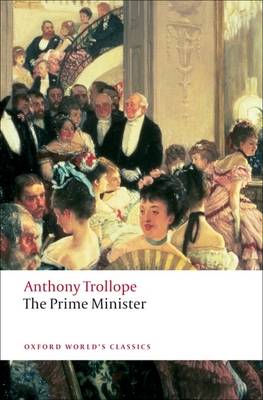Kirsty McHugh, OUP UK
For the first time in over 30 years, the British general election last week resulted in a hung parliament. The news is full of the latest rounds of negotiations between the Conservatives, Labour, and the Liberal Democrats, and at the time of writing, we still don’t know who will form the next government.
But what does ‘hung parliament’ actually mean? I turned to the Concise Oxford Dictionary of Politics to find out.
[Hung parliament is the] name for the situation when after an election no political party has an overall majority in the UK House of Commons. Without a written constitution the response to such a circumstance is governed by statements by courtiers and senior civil servants as to what the constitution requires the monarch to do. The most famous of these statements were by Sir Alan Lascelles, private secretary to George VI, in a letter to The Times in 1950, and by Lord Armstrong, secretary to the cabinet between 1979 and 1987, in a radio interview in 1991.
The incumbent prime minister may continue in office and offer a queen’s/king’s speech: that is, a speech delivered by the monarch but written by the government, outlining its programme. This is likely only if the prime minister’s party still has the largest number of seats, or a pact with another party can be engineered to ensure an overall majority. If the prime minister cannot command the largest party in the Commons and has no pact then the prime minister may ask the monarch to dissolve Parliament and call a further election. In the absence of precedent it remains unclear whether the monarch would be obliged to accede to this request. More likely, the prime minister would resign and advise the monarch upon a successor. Usually the monarch would heed that advice, although in the last resort the monarch is not bound to do so. The new prime minister would then form a government and if a working majority could again not be sustained, a dissolution of Parliament and calling of a second election would be sought and gained from the monarch.



